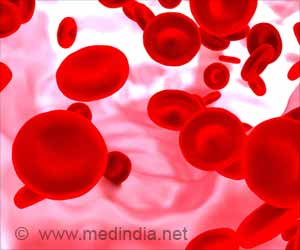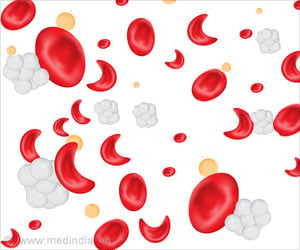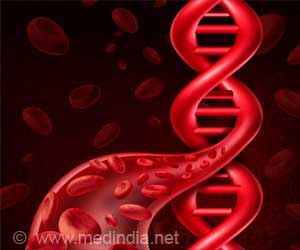- The cost and effectiveness of gene therapy was analyzed against hematopoietic stem cell transplantation (HSCT)
- The results indicate that while gene therapy was more expensive, it was also a lot less complicated and more effective and safe
Is there a Cure for Beta-thalassemia?
Till date, there is no genetic cure for a hereditary blood disorder, beta-thalassemia where the globin gene is defective and does not produce adequate hemoglobin for the body’s needs. As a result, patients need to be on a lifelong regimen of monthly blood transfusions and iron chelation therapies. Even with treatment, there are several risks and co-morbidities associated with the disease such as the transmission of viruses through blood transfusions and iron overload in vital organs. The only available curative for this condition is allogeneic hematopoietic stem cell transplantation (HSCT) with a matched donor. This is not an easy process or procedure and nearly 75 percent of all thalassemia patients do not have an HLA (human leukocyte antigen) matched sibling.Read More..
Gene therapy involves the delivery of a lab-made normal globin gene via a delivery vehicle which is a viral vector. This is infused into the patient’s own stem cells (collected before the procedure) and infused back into the patient with the normal gene and delivery vector. This ensures the normal production of hemoglobin adequate for the body functions. Gene therapy does not involve a transplant since the patient’s own stem cells are harvested and infused back thus eliminating the risk of rejections. Besides, gene therapy can be safely used on adults with minimal risks.
Innovative Curative Treatment of Beta Thalassemia
French researchers have published a paper titled “Innovative Curative Treatment of Beta Thalassemia: Cost-Efficacy Analysis of Gene Therapy Versus Allogenic Hematopoietic Stem-Cell Transplantation” analyzing the safety and efficacy of gene therapy over hematopoietic stem cell transplantation (HSCT) as a curative.The team did a comparative study analyzing the cost and effectiveness of gene therapy as against hematopoietic stem cell transplantation (HSCT). They looked at the data and outcomes of seven patients treated between 2009 and 2016 of which four received gene therapy and three received an HSCT.
The team compared two-year costs and outcomes of patients treated with gene therapy and HSCT. They looked at critical factors such as length of hospital stay, interim hospitalizations, grade III and grade IV complications.
Patients treated with gene therapy were older yet did not present with as many complications or hospitalizations. Infections for patients treated with HSCT were three times higher than for gene therapy. While the outcomes were more positive for gene therapy, costs were high.
The end results indicate that while gene therapy was more expensive, it was also a lot less complicated and more effective and safe.
References:
- Coquerelle, Severine, Mariem Ghardallou, Setti Rais, Pierre Taupin, Fabien Touzot, Laure Boquet, Stéphane Blanche et al. "Innovative curative treatment of βeta-thalassemia: cost-efficacy analysis of gene therapy versus allogenic hematopoietic stem cell transplantation." Human gene therapy (2019). Accessed on 21st April 2019 from - (https://doi.org/10.1089/hum.2018.178)
Source-Medindia














